Category: biotech/medical – Page 823
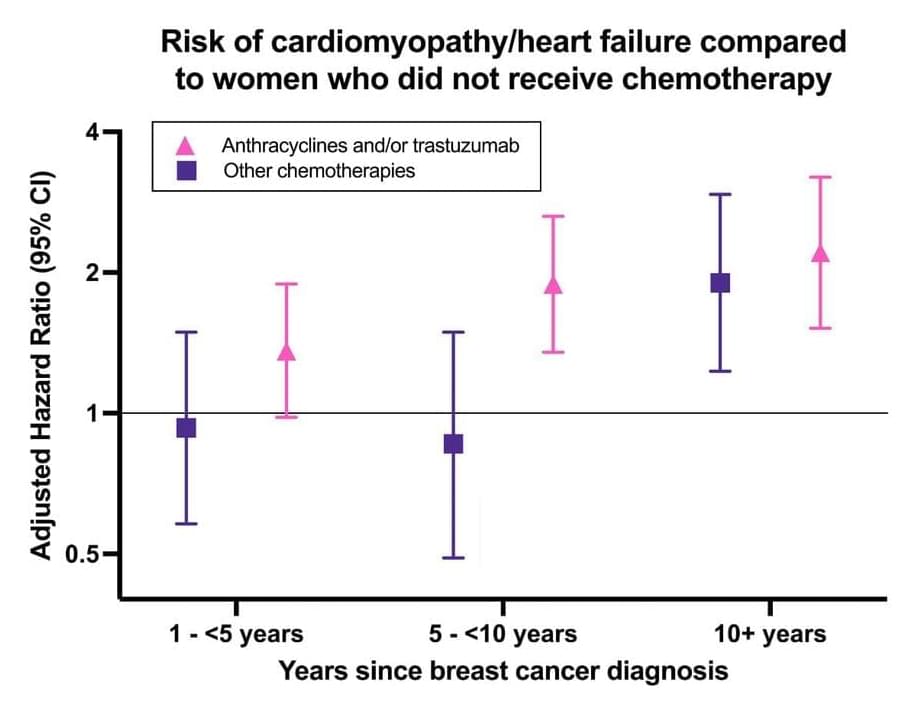
Some Breast Cancer Treatments Linked to Long-term Cardiovascular Disease Risk
Some breast cancer survivors are at higher risk for cardiovascular disease following certain treatments. A new study is one of the first to provide evidence that may inform long-term and age-specific monitoring for these adverse outcomes. Researchers observed that breast cancer survivors treated with anthracyclines, a type of chemotherapy, and/or trastuzumab, a targeted cancer therapy, had an increased long-term risk of cardiovascular disease, specifically cardiomyopathy/heart failure, compared to women who did not receive chemotherapy. This study was published in the Journal of the National Cancer Institute on May 8, 2024, and was selected for the journal’s Early Career Investigator Research Section.
It is well established that certain breast cancer treatments, such as anthracycline and trastuzumab, can lead to heart damage, which contributes to a higher risk of cardiovascular disease later in life. However, current guidelines only recommend short-term cardiovascular surveillance up to two years after anthracycline and trastuzumab treatment because of a lack of evidence regarding long-term risks. Jacqueline B. Vo, Ph.D., R.N., M.P.H., assistant clinical investigator in the Radiation Epidemiology Branch (REB), led a team of researchers from REB, the Integrative Tumor Epidemiology Branch, the National Heart, Lung, and Blood Institute, and Kaiser Permanente, to explore whether patients could benefit from long-term surveillance. Their analysis included over 10,000 breast cancer survivors in the NCI-Kaiser Permanente Breast Cancer Survivors Cohort with up to 24 years of follow up.
They found that breast cancer survivors, especially those diagnosed at younger ages, had higher risks of cardiovascular disease and could benefit from long-term cardiovascular follow-up. Specifically, risk of cardiomyopathy/heart failure were highest 10+ years after breast cancer diagnosis. Women who were diagnosed prior to age 55 had the highest risks for cardiomyopathy/heart failure, which was nearly three times higher compared to women the same age who did not receive chemotherapy. One reason for the higher risk of cardiomyopathy/heart failure among women diagnosed with breast cancer at younger ages is that this group is more likely to be diagnosed with more aggressive and/or advanced tumors, which are more likely to be treated with anthracyclines and at higher doses. These results highlight the importance of extending current treatment-specific clinical guidelines for cardiovascular surveillance to include longer follow-up and focus on high-risk patients such as younger women.
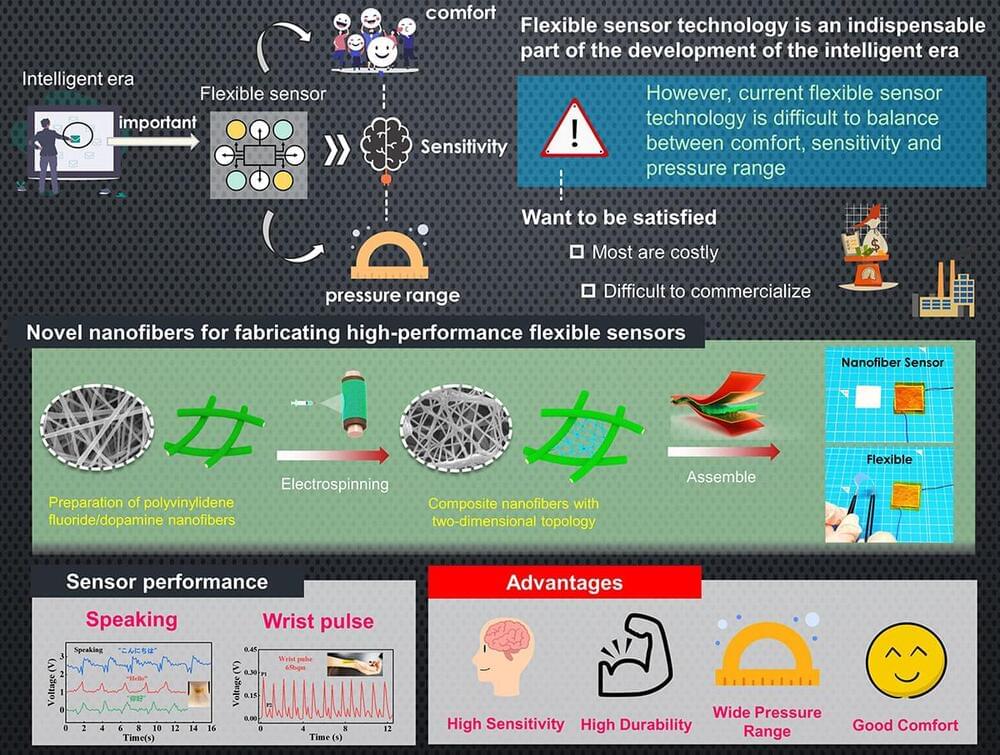
Affordable and sensitive nanofiber piezoelectric sensors for human and robot motion monitoring
Flexible piezoelectric sensors are essential to monitor the motions of both humans and humanoid robots. However, existing designs are either are costly or have limited sensitivity. In a recent study, researchers from Japan tackled these issues by developing a novel piezoelectric composite material made from electrospun polyvinylidene fluoride nanofibers combined with dopamine. Sensors made from this material showed significant performance and stability improvements at a low cost, promising advancements in medicine, healthcare, and robotics.
The world is accelerating rapidly towards the intelligent era—a stage in history marked by increased automation and interconnectivity by leveraging technologies such as artificial intelligence and robotics. As a sometimes-overlooked foundational requirement in this transformation, sensors represent an essential interface between humans, machines, and their environment.
However, now that robots are becoming more agile and wearable electronics are no longer confined to science fiction, traditional silicon-based sensors won’t make the cut in many applications. Thus, flexible sensors, which provide better comfort and higher versatility, have become a very active area of study. Piezoelectric sensors are particularly important in this regard, as they can convert mechanical stress and stretching into an electrical signal. Despite numerous promising approaches, there remains a lack of environmentally sustainable methods for mass-producing flexible, high-performance piezoelectric sensors at a low cost.
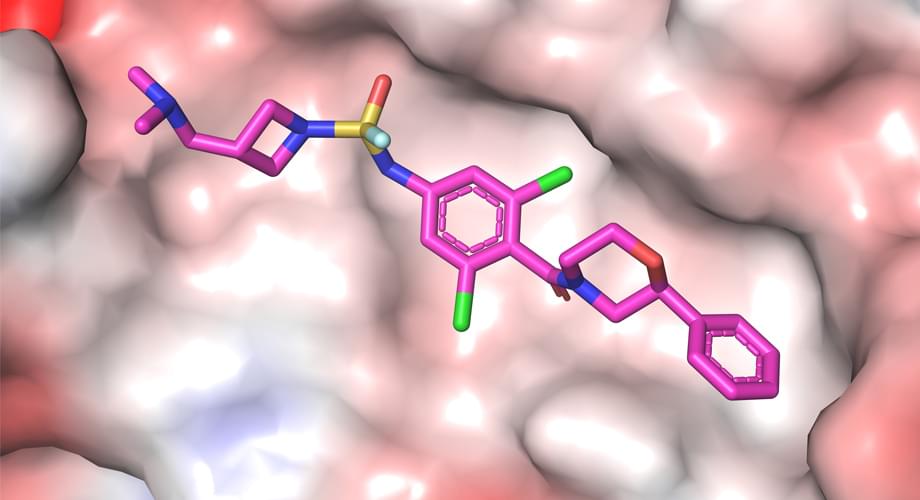
Drug-like Inhibitor shows Promise in Preventing Flu
Currently available flu medications only target the virus after it has already established an infection, but what if a drug could prevent infection in the first place? Now, scientists at Scripps Research and the Albert Einstein College of Medicine have designed drug-like molecules to do just that, by thwarting the first stage of influenza infection.
The drug-like inhibitors block the virus from entering the body’s respiratory cells — specifically, they target hemagglutinin, a protein on the surface of type A influenza viruses. The findings, published in the Proceedings of the National Academy of Sciences on May 16, 2024, represent an important step forward in developing a drug that can prevent influenza infection.
“We’re trying to target the very first stage of influenza infection since it would be better to prevent infection in the first place, but these molecules could also be used to inhibit the spread of the virus after one’s infected,” says corresponding author Ian Wilson, DPhil, the Hansen Professor of Structural Biology at Scripps Research.
Dr. David Boucher, Ph.D. — Director, Infectious Disease Preparedness and Response, ASPR, U.S. HHS
Is Director, Infectious Disease Preparedness and Response, Administration for Strategic Preparedness and Response, U.S. Department of Health and Human Services (https://aspr.hhs.gov/Pages/Home.aspx).
The HHS Administration for Strategic Preparedness and Response (ASPR) leads the nation’s medical and public health preparedness for, response to, and recovery from disasters and other public health emergencies.
ASPR collaborates with hospitals, healthcare coalitions, biotech firms, community members, state, local, tribal, and territorial governments, and other partners across the country to improve readiness and response capabilities.
Dr. Boucher previously held several other critical roles in the organization, including as Chief of the Antivirals \& Antitoxins branch at BARDA’s Anthrax, Botulinum, Ebola and Smallpox therapeutics program office, Acting Director for the Administration for Strategic Preparedness and Response’s Office of Industrial Base Management and Supply Chain (IBM/SC) and serving as HHS’s lead negotiator for product development/procurement agreements for COVID-19 medical countermeasures.
Dr. Boucher has a Bachelor of Science (B.S.), Genetics, and a Doctor of Philosophy (PhD), Biochemistry and Molecular Biology from University of California, Davis.
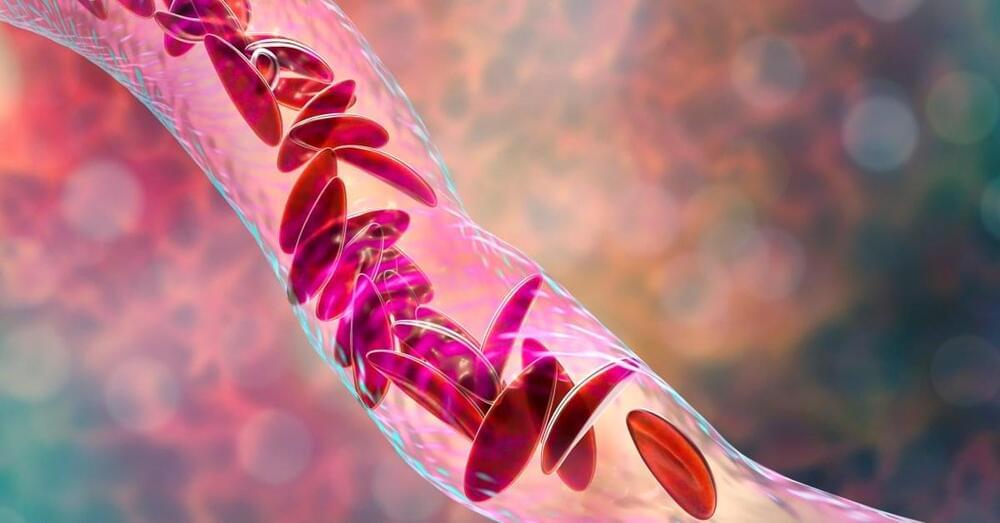

What using artificial intelligence to help monitor surgery can teach us
1. Privacy is important, but not always guaranteed. Grantcharov realized very quickly that the only way to get surgeons to use the black box was to make them feel protected from possible repercussions. He has designed the system to record actions but hide the identities of both patients and staff, even deleting all recordings within 30 days. His idea is that no individual should be punished for making a mistake.
The black boxes render each person in the recording anonymous; an algorithm distorts people’s voices and blurs out their faces, transforming them into shadowy, noir-like figures. So even if you know what happened, you can’t use it against an individual.
But this process is not perfect. Before 30-day-old recordings are automatically deleted, hospital administrators can still see the operating room number, the time of the operation, and the patient’s medical record number, so even if personnel are technically de-identified, they aren’t truly anonymous. The result is a sense that “Big Brother is watching,” says Christopher Mantyh, vice chair of clinical operations at Duke University Hospital, which has black boxes in seven operating rooms.
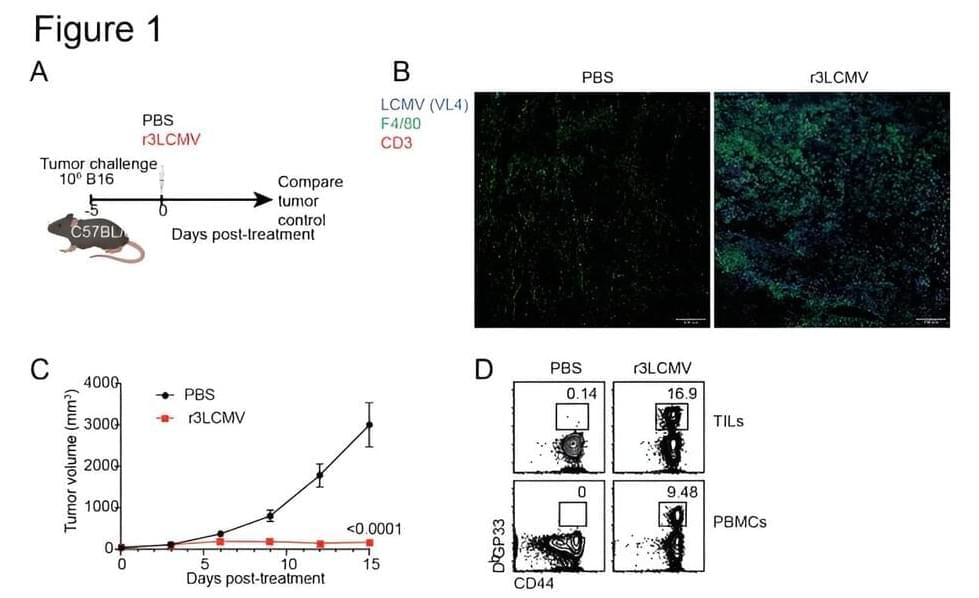
Safer virus helps eliminate cancer in mouse study
Currently, so-called “oncolytic viruses” such as herpes are used to treat some types of cancer because of their ability to kill cancer cells. But these therapies are not effective with some tumors and their use poses safety concerns, especially in immunosuppressed patients, underscoring the need for safer alternatives, Penaloza-MacMaster said.
In addition to helping clear the tumors, the therapy also helped prevent future cancer in these mice. Healthy mice that were first treated with the LCMV therapy were more resistant to developing tumors later in life.
This phenomenon might be explained by a poorly understood biological process known as “trained immunity.” Trained immunity occurs when a previous infection enhances the immune system’s ability to respond to different diseases in the future. For example, studies have shown that children who received the tuberculosis (TB) vaccine exhibit improved protection against other microorganisms, not just TB. This differs from the typical vaccine response, such as with the SARS-CoV-2 vaccine, which primarily protects against this specific virus.
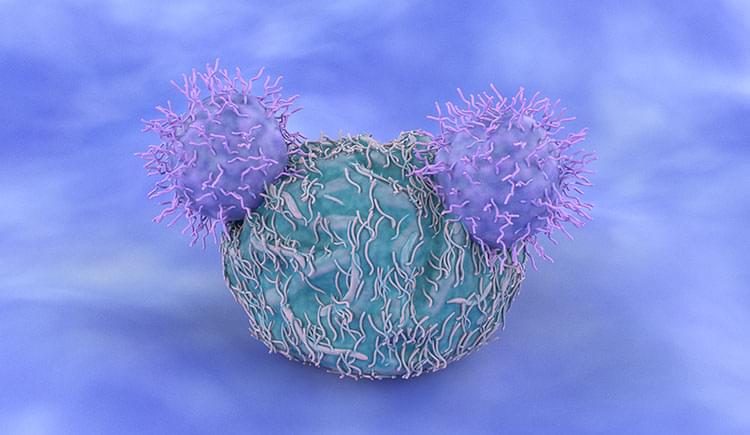
2024 Warren Alpert Prize Honors Four Pioneers in CAR T-Cell Therapy
Significance of the work.
CAR T cells are genetically engineered immune cells tailored to respond to a specific molecule found on the surface of tumor cells. These cells are a form of immunotherapy — an approach that harnesses the native ability of the immune system to fight diseases, particularly cancer. CAR T-cell therapy represents a milestone in cancer treatment. It propels cancer therapies beyond traditional chemotherapy and radiation treatments, which are often highly toxic and non-specific.
The four scientists honored with this year’s Warren Alpert Foundation Prize each played key distinct and complementary roles in developing CAR T cells and making their use in the clinic possible. Today, CAR T-cell therapies offer great hope for patients with various B-cell malignancies who have relapsed or failed to respond to other therapies. CAR T cell-based approaches could eventually be used to treat solid tumors, as well as a variety of autoimmune diseases and other conditions.
Mapping the Brain
A map of the entire human brain could help us understand where diseases come from, to how we store memories. But mapping the brain with today’s technology would take billions of dollars and hundreds of years. Learn what GR has already revealed about the brain, and how it’s making it easier for scientists to—someday—reach this goal.
#GoogleResearch